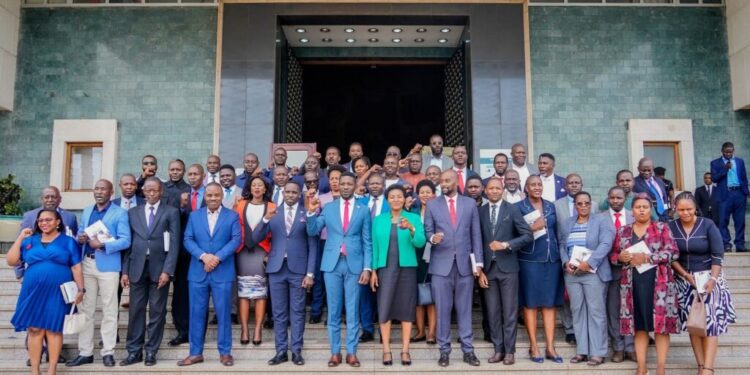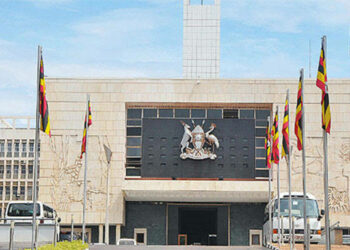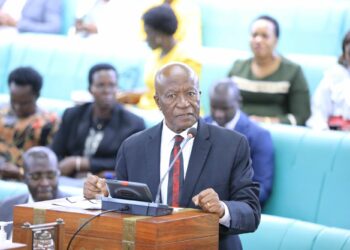By Joshua Muzira
The Leader of the Opposition in Parliament, Hon. Joel Ssenyonyi, read the Alternative Budget to the nation on March 31, 2025, which summed up to 55.7 trillion compared to the government’s 69.7 trillion shillings.
This is a counter budget to what the government just read out on March 27, 2025, giving Ugandans another dimension of what the opposition believes should be allocated to the different sectors.
But why the alternative budget? The opposition is the government’s main critic, and it is the group of people responsible for imposing checks and balances in service delivery to the people. And so the government also looks at its budget with the interest of improving it.
The main theme of the alternative budget is “Combating Corruption: The Key to Effective Service Delivery.” With concerns that its corruption disturbing Uganda’s economic growth and good service.
According to the Inspector General of Government, the nation loses about 10 trillion shillings, about a fifth of the budget, to corruption. This is a heavy burden on the government’s expenditure. And that is why the opposition believes that without curbing the corruption, there will be slow progress.
Below are some of the major takeaways from the alternative budget.
Fighting Corruption: The opposition has a strong belief that reducing the high levels of corruption will increase the money in the consolidated fund, and the same can be injected into other major sectors, hence improving the service delivery to the people.
In detail, the budget also aims at giving protection to protect the whistleblowers as a means to stop this deadly vice from eating up our economy.
People-Centered Budget. When people are put at the forefront, it means their human rights are preserved, the security of both the people and their property is guaranteed, and their well-being is guaranteed. Then they will benefit from all the government programs.
Prioritization of key sectors: Well, all sectors are important; the opposition singled out health, education, and infrastructure as the main key sectors. They intended to focus on ensuring quality healthcare and educating the nation with more emphasis on the teacher’s welfare and boosting more research projects to awaken the creativity of Ugandans and improve the infrastructure development with high levels of accountability for any projects.
They also criticized the government for misplaced expenditure on non-priority sectors, where they cited that the government spends over 3.7 trillion on security, compared to underfunded sectors like agriculture, with about 1 trillion shillings.
In conclusion, the alternative budget points out differences in how the government spends the taxpayers’ money and also gives a chance to the public to discuss amongst themselves pertinent issues such as service delivery, accountability, and rampant corruption.
Even though at times the alternative budget may not be considered by the ruling government, it credits the opposition for providing different policies as they allocate money for the given financial year.
Do you have a story in your community or an opinion to share with us: Email us at editorial@watchdoguganda.com













